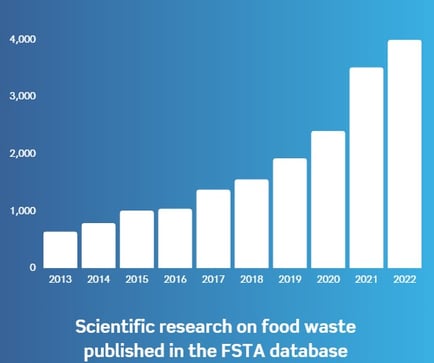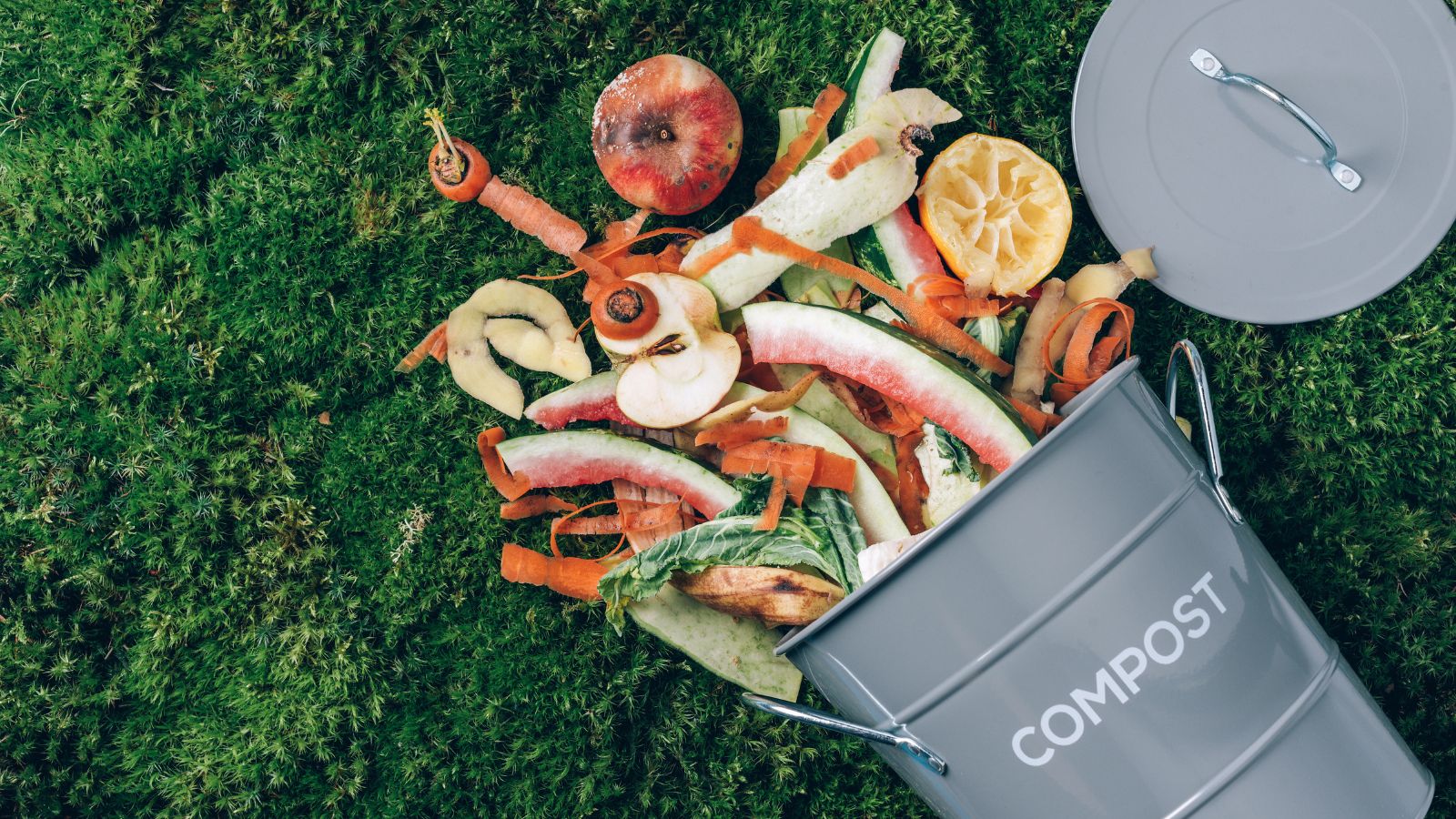Food waste is an urgent global challenge with profound economic, social, and environmental consequences. On the UN's International Day of Awareness of Food Loss and Waste (IDAFLW), it's crucial to spotlight the pivotal role played by food scientists in addressing this crisis.
The enormity of food waste
According to Boston Consulting Group, food waste inflicts an annual economic loss of $1.5 trillion globally. Approximately one-third of the food produced each year, totalling around 1.6 billion tonnes, goes to waste. The ramifications extend beyond monetary losses, impacting global economies, societies, and the environment.
Moral and environmental imperatives
The UN's State of Food Security and Nutrition report reveals that between 691 and 783 million people experienced hunger in 2022. This stark reality contradicts the Sustainable Development Goal of eradicating global hunger.
We often hear that the food system needs to do more with less to feed a growing global population within finite planetary boundaries. But if we were to eliminate food waste and distribute existing resources equitably, hunger could be brought under control.
UN figures show the food system, from production to consumption, is responsible for around one-third of greenhouse gas emissions. As much as half of this can be attributed to food waste, a recent study published in Nature Food suggests. That equates to a staggering 8-10% of total GHG emissions. This underscores the urgency of finding sustainable solutions.
Scientific innovation as a catalyst
On International Day of Awareness of Food Loss and Waste, stakeholders in the food system come together to drive awareness of food waste. And increased awareness is certainly needed. When an estimated 60% of total food waste occurs at the consumer level we can all do our bit to battle food waste.
For many in the food science community, however, working to develop innovative solutions to food waste is a year-round job. The importance placed on research to reduce waste can be seen in a surge of published work on the topic.

Analysis of the Food Science and Technology Abstracts (FSTA) database reveals an astounding 525% increase in research on food waste in 2022 compared to a decade earlier.
Charting this growth illuminates the focus areas where the scientific community is making significant strides.
Key research areas
Digging behind the numbers, keyword analysis reveals that food safety, side-stream utilization, and by-products are prominent concerns in food waste research. This reflects the industry's growing commitment to circular solutions that not only reduce waste but also offer economic benefits.
New technologies and innovative extraction methods are gaining traction, while preservation, especially in antioxidative activity, remains a crucial research theme.
Intriguingly, 'waste water' and 'water' emerge as high-ranking keywords in food waste research. This unexpected correlation emphasizes the significance of water-related issues in the context of food waste and aligns with the theme of this year's World Food Day from the FAO.
Food science at the forefront of solutions
As we navigate the complex landscape of food waste, it's clear that food scientists are at the forefront of developing solutions. The surge in research, coupled with a focus on key areas such as food safety and circular solutions, signifies a positive shift toward a more sustainable and efficient global food system.
By fostering awareness and driving innovation, the food science community plays a crucial role in mitigating the far-reaching impacts of food waste on our world.


